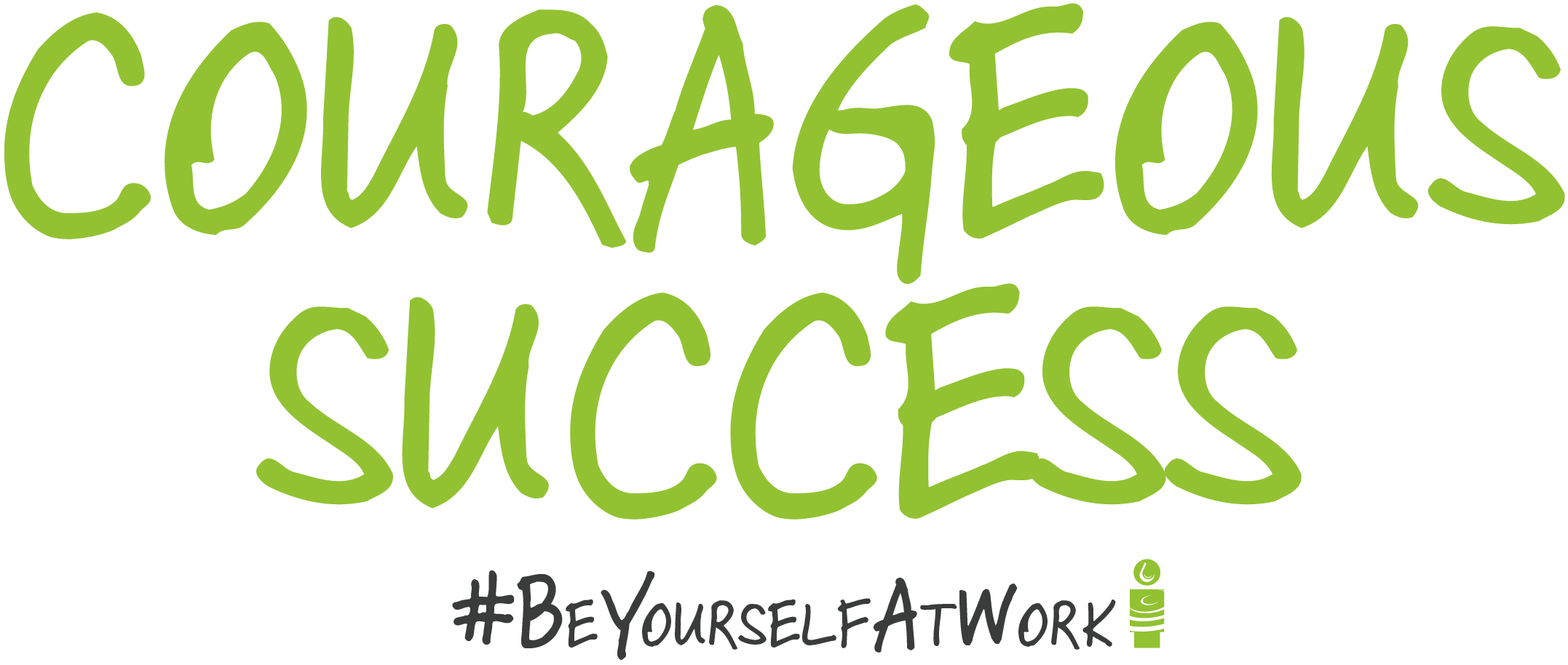Leaders spend around 80% of the working day communicating. A huge 69% of managers are uncomfortable when communicating with their employees… and 16% shy away from face-to-face interaction, preferring email instead.
(ExpertMarket.com)
 Ouch. Now there is a challenge! We are definitely all communicating more because of Coronavirus and its impact. But how comfortable we are with that is different for all of us.
Ouch. Now there is a challenge! We are definitely all communicating more because of Coronavirus and its impact. But how comfortable we are with that is different for all of us.
There are those of us that don’t consciously communicate at all. It’s unfiltered, direct, full of bad language and open in terms of the negatives in our energy. Not very inspiring! There are then those that say very little – either because they are naturally reflectors, or they are lacking confidence or using keeping quiet as a strategy, so they do not appear incompetent. Some of my worst experiences have been working for political communicators. It’s all jargon and manipulation. Which they have labelled as influencing strategies and stake holder management. I’ll go and wash my mouth out after using the SHM term. Urgh! Management speak.
What I do know after years of developing people to be the best of themselves at work is that when we let go of the jargon. Stop conforming to professional expectations. And are conscious of the words and the energy that we portray – so that we don’t drain or upset others. Magic happens. This is conscious realness. And it’s charismatic, open and very powerful. Unfortunately, our workplaces have quite a journey yet to get to this point. As illustrated in the stats above.
The 2020 Expert Market survey also shares that just 17% of employees believe their line managers are effective communicators. On average, only 21% of organisations keep their workplace communications simple and jargon-free. So, what can you do to lift these numbers where you work? Easy!
- Be yourself.
- Don’t conform to “professionalism”.
- Speak and act in a way that brings positive energy to others.
- Talk more.
 People spend an average of 17 hours a week reading, responding to, and sending work emails. Statistics share that 30% of the time, those emails aren’t even urgent! With people reporting that only about 38% of the average inbox contains emails that are actually relevant or important. Almost most half (47.7%) of workers said that receiving fewer emails at work would increase job satisfaction. It’s not about communicating less. It’s how we chat and who we are being.
People spend an average of 17 hours a week reading, responding to, and sending work emails. Statistics share that 30% of the time, those emails aren’t even urgent! With people reporting that only about 38% of the average inbox contains emails that are actually relevant or important. Almost most half (47.7%) of workers said that receiving fewer emails at work would increase job satisfaction. It’s not about communicating less. It’s how we chat and who we are being.
This week I have experienced all styles of communication from lots of different channels. The most powerful of which had the four tips above in common. Here are some reflective questions for you and tips to help you to nail your chat and be more successful by being the best of you;
- Are you aware of how you are coming across to others?
- Would you like working with you with your styles of communication?
- /10 how self-conscious are you when you zoom, meet etc?
- Switch self-consciousness to self-awareness, using self-awareness to read others and help them to engage and shine.
- Who do you think you should be at work?
- How much is your happiness and agenda at work important vs. that of others as you go about your days? Is it a healthy balance?
- When under pressure do you talk more or less? Do you shut yourself away or over collaborate?
Finally, I find that one of the most powerful influencing and conversational strategies is incredibly simple. In interviews, during meetings, everyday, at home and at work;
Show people that you like them.
Be you.
